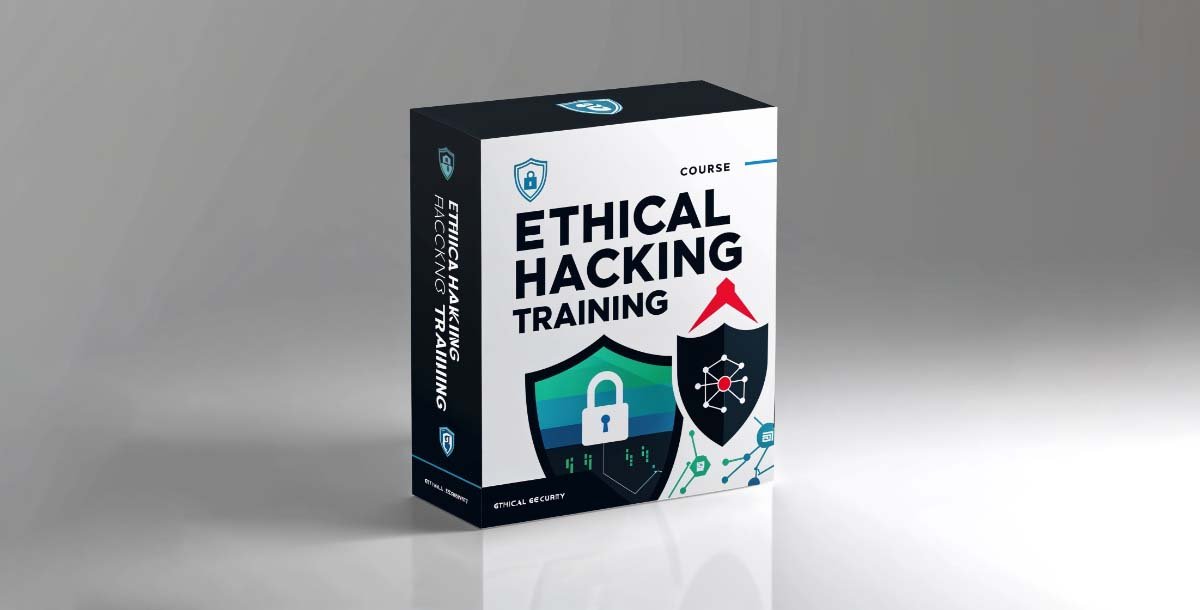
What is Ethical Hacking Training?
Ethical Hacking Training is a structured learning program that teaches individuals how to legally and responsibly identify, test, and fix security vulnerabilities in computer systems, networks, and applications. These professionals, also known as "white hat hackers", use the same tools and techniques as malicious hackers—but with permission and ethical intent to improve cybersecurity.
What You Learn in Ethical Hacking Training:
Fundamentals of Cybersecurity
Threats, vulnerabilities, and attack vectors
Security policies and legal standards
Footprinting & Reconnaissance
Gathering information about a target system using public and private resources
Scanning & Enumeration
Mapping networks and identifying open ports, services, and devices
System Hacking
Techniques like password cracking, privilege escalation, and maintaining access
Malware, Viruses, and Trojans
How malicious software works and how to defend against it
Web Application Hacking
Exploiting vulnerabilities like SQL injection, XSS, CSRF, etc.
Wireless Network Hacking
Breaking into or securing Wi-Fi and Bluetooth networks
Social Engineering
Human-based attacks like phishing, baiting, and impersonation
Penetration Testing Methodologies
Simulated cyberattacks to test and improve system defenses
Tools Used by Ethical Hackers
Examples: Metasploit, Nmap, Burp Suite, Wireshark, Kali Linux
Who Should Take This Training?
IT professionals looking to specialize in cybersecurity
Network administrators and system engineers
Students in computer science or IT
Business owners who want to secure their digital infrastructure
Certifications You Can Earn:
CEH (Certified Ethical Hacker) – from EC-Council (most popular)
OSCP (Offensive Security Certified Professional) – advanced hands-on certification
CompTIA Security+ – foundational knowledge
CPT (Certified Penetration Tester)
Career Benefits:
✅ High demand in the cybersecurity industry
✅ Lucrative salaries and growth potential
✅ Opportunities in ethical hacking, penetration testing, forensic analysis, and more